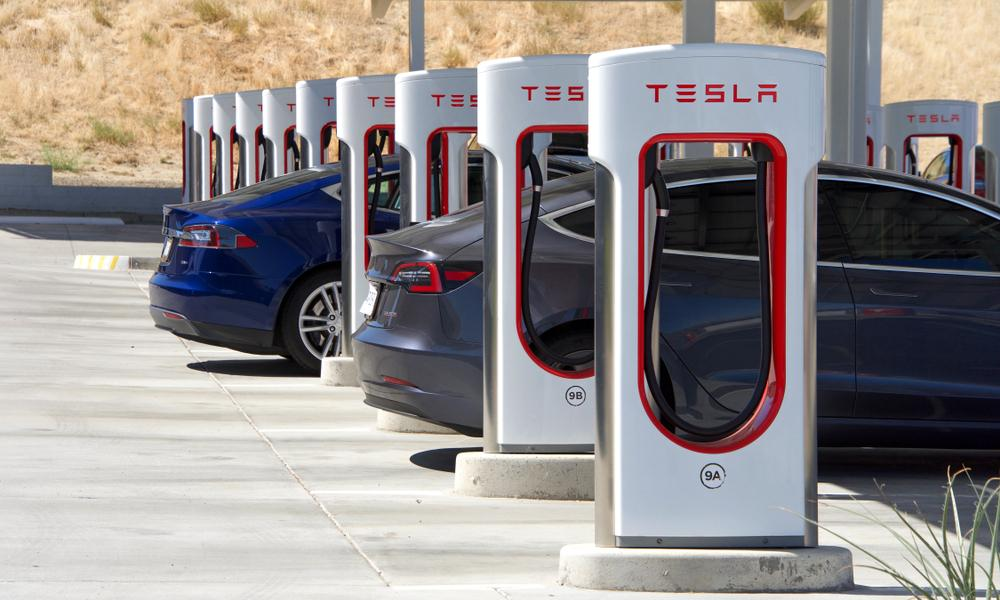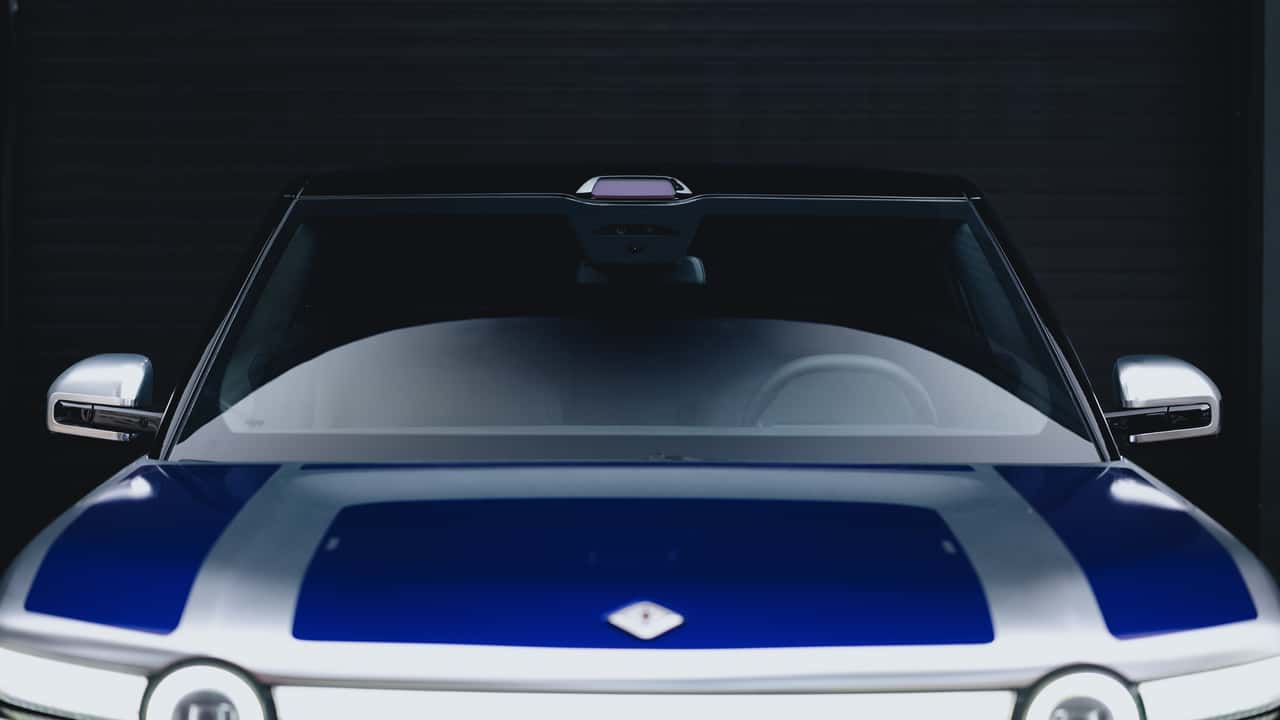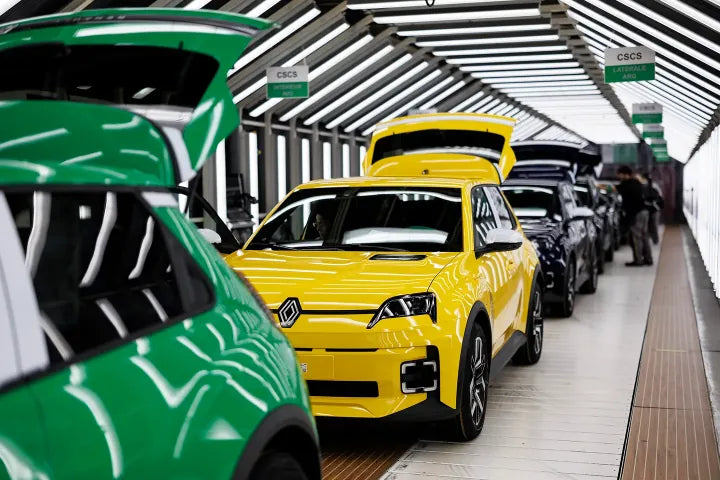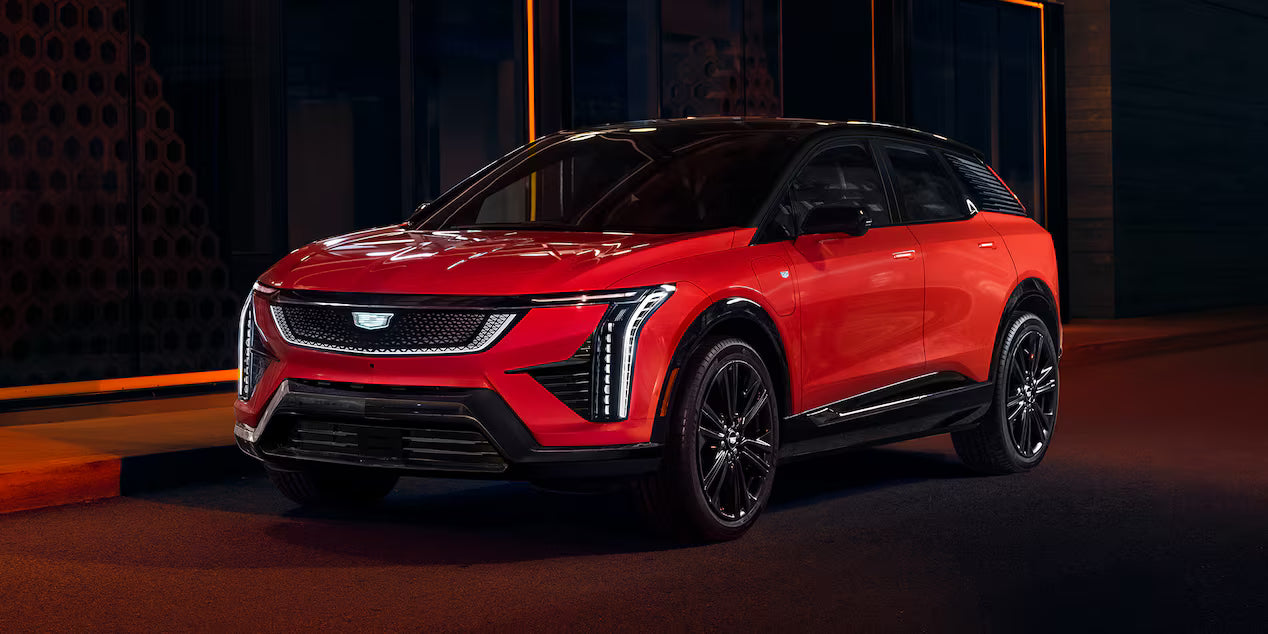Volkswagen has announced that starting in June 2025, its electric vehicles (EVs) will be able to access Tesla’s vast Supercharger network, marking a significant step in the growing alignment of the automotive industry with Tesla’s charging standard.
Adapters for Current Volkswagen EVs
According to PC Magazine, Mark Gillies, the Director of Public Relations at Volkswagen Group of America, made the announcement at the Consumer Electronics Show (CES) in Las Vegas. He stated, “We will gain access to the network in June or July, once we have an official VW adapter.”
The integration will kick off with the release of official Volkswagen adapters, which will enable existing Volkswagen EV models—including the ID.4 crossover SUV and the newly introduced ID. Buzz minivan—to use Tesla’s charging stations.

Official Adapter Rollout for Existing Volkswagen Models
Mark Gillies, Director of Public Relations at Volkswagen Group of America, made the statement during the Consumer Electronics Show (CES) in Las Vegas. He confirmed that Volkswagen EVs—including the ID.4 and the ID. Buzz—will soon be able to use Tesla’s Superchargers, once official adapters are distributed. These adapters are expected to be available by mid-2025, likely in June or July.
This development is particularly significant for existing Volkswagen EV owners. Until now, they’ve primarily relied on Electrify America and other CCS-compatible networks, which often lag in charger uptime and density. Access to Tesla’s Superchargers, known for their reliability and speed, offers a major improvement in convenience and travel range confidence.
Recommended Reading: How Far Does a Tesla Model Y Go on a Full Charge?
Adapter Details
Volkswagen has yet to confirm pricing or exact availability of the adapters, but it’s expected they will be sold through official dealerships or online. While third-party adapters such as the EVDANCE Pulse Fusion NACS to CCS1 adapter already exist, VW is developing and certifying its own units to ensure safety and compatibility.
New Volkswagen models will come with NACS ports natively installed beginning in 2026, removing the need for adapters entirely.
Volkswagen's Late Commitment to NACS
Volkswagen was one of the last legacy automakers to embrace the North American Charging Standard (NACS), following months of speculation. Unlike Ford and GM, which joined the movement earlier in 2023, VW waited for the SAE International to formally approve the standard before committing.
This delay can be attributed to two main factors:
-
Investment in Electrify America – As the parent company behind this CCS-based network, Volkswagen had a vested interest in preserving its infrastructure lead.
-
Regulatory Caution – VW preferred to wait for standardization to reduce risk and ensure long-term compatibility.
Nonetheless, the company’s eventual commitment to NACS ensures its users can now benefit from the most expansive and reliable DC fast charging network in the U.S. and Canada.

Timeline for Integration
The transition for Volkswagen EVs will proceed in two stages:
-
Mid-2025: Adapter access for current EVs, including the ID.4, ID.7, and ID. Buzz.
-
2026 and Beyond: Native NACS ports integrated into new vehicle designs, removing reliance on adapters.
Charging Infrastructure Impact
With more manufacturers adopting the Tesla standard, the Supercharger network is rapidly evolving into North America's de facto EV charging backbone.
Tesla currently operates over 18,000 Superchargers across the U.S., many of which now support Magic Dock or NACS plugs. This scale enables near-seamless long-distance travel, especially compared to fragmented CCS-based alternatives.
Volkswagen’s entry adds volume and demand to Tesla’s network, which could prompt further expansion—especially in underserved regions and highway corridors. It also represents a strategic realignment in how automakers view charging: less as a competitive differentiator and more as a shared ecosystem.
Charging Performance and Compatibility
Volkswagen EVs, particularly the ID.4 and ID. Buzz, support charging speeds up to 135 kW. While this is lower than Tesla’s peak rates (up to 250 kW for V3 and 350+ kW for V4), it still enables rapid top-ups—about 80% in under 40 minutes.
Most Superchargers throttle speed dynamically based on battery temperature, occupancy, and vehicle capacity, so real-world performance may vary. Volkswagen's thermal management systems, which precondition the battery for fast charging, will be critical in ensuring compatibility with Tesla’s speed standards.

Long-Distance Charging Experience
Long-Distance Charging Experience with Tesla Superchargers
With access to Tesla’s Supercharger network, Volkswagen EVs—especially the ID. Buzz and ID.4—become significantly more viable for long-distance charging and road trip usage. For EV drivers, minimizing downtime on the highway is crucial, and Tesla's well-placed Superchargers offer unparalleled convenience. Whether crossing states or traveling along scenic routes, ID. Buzz owners can now plan longer trips with confidence, knowing that reliable fast charging is within reach. Thanks to the ID. Buzz’s spacious cabin and tech-forward amenities, rest stops at Superchargers transform into comfortable breaks rather than burdensome delays. This advancement marks a major step toward making long-distance EV travel both practical and enjoyable.
Home Use & Sustainable Materials
Home Use and Integration of Sustainable Materials
In addition to long-distance benefits, Volkswagen’s EV lineup is increasingly optimized for home charging and daily family use. The ID. Buzz, for example, is not only versatile in space but also reflects a sustainable ethos, incorporating eco-friendly materials like recycled plastics and bio-based seat fabrics throughout the cabin. Families can charge their ID. Buzz overnight using Level 2 home chargers, ensuring a full battery each morning for commutes, school runs, or weekend adventures. The vehicle’s design blends home usability with environmental responsibility, aligning with Volkswagen’s goal of making electric mobility a sustainable lifestyle choice. As eco-conscious consumers grow in number, this focus on sustainable materials and energy-efficient home use will only increase in relevance.
Environmental Impact and Responsible Manufacturing
Environmental Impact and Volkswagen’s Sustainable Manufacturing Approach
Volkswagen has taken tangible steps to reduce the environmental impact of EV production, especially with models like the ID. Buzz. The company emphasizes carbon-neutral manufacturing at its EV facilities and sources components from suppliers committed to clean energy. Battery modules are designed with recyclability in mind, and the company is developing closed-loop systems to reclaim and reuse critical raw materials such as lithium, cobalt, and nickel. This initiative reduces mining dependency and aligns with broader European Union sustainability mandates. For drivers who care not just about emissions on the road but also about the full lifecycle of their vehicle, Volkswagen’s investment in environmentally responsible manufacturing provides an added layer of confidence.
Exploring the VW ID. Buzz Interior: A Retro-Futuristic Cabin for the Modern EV Driver
While much of the buzz around the ID. Buzz centers on its eye-catching exterior and efficient electric drivetrain, the VW ID. Buzz interior is equally deserving of attention. Drawing from the spirit of the classic Microbus, the cabin blends retro aesthetics with high-tech functionality, offering a uniquely immersive driving and riding experience. With ambient LED lighting, sustainable materials like recycled PET upholstery, and a panoramic roof that floods the interior with natural light, the ID. Buzz delivers a fresh take on EV cabin design. The layout is intuitive yet playful, with customizable digital displays, sliding rear doors, and modular seating arrangements that maximize interior flexibility. Whether used for family trips, daily commutes, or even camper conversions, the Volkswagen ID. Buzz interior elevates comfort without sacrificing practicality.
How the VW ID. Buzz Interior Enhances Charging Stops and Long Road Trips
For drivers planning to take advantage of Tesla’s Supercharger network, interior comfort during charging stops becomes even more relevant. The vw id buzz interior has been optimized with road trippers in mind, offering expansive legroom, reclining rear seats, and a clean, open dashboard that prioritizes ease of use and visibility. Ample USB-C ports, wireless phone charging pads, and integrated infotainment with Apple CarPlay and Android Auto ensure seamless connectivity while waiting at charging stations. Passengers can relax, recline, or even enjoy a fold-out table in some configurations—making the ID. Buzz not just a means of travel but a mobile lounge. As EVs continue to redefine mobility, Volkswagen’s attention to interior comfort sets the ID. Buzz apart in its segment, especially for those integrating extended charging sessions into their daily or travel routines.
Challenges and Considerations
Despite the optimistic outlook, the integration does present some challenges:
-
Software Compatibility: Tesla's Superchargers authenticate via vehicle software. Volkswagen EVs may need updates to ensure plug-and-charge functionality.
-
Queue Management: As more brands adopt NACS, Supercharger congestion may increase. Tesla has been testing virtual queueing systems to reduce wait times, but implementation across all sites may take time.
-
Service Support: Any malfunction with third-party adapters or charging issues will require cooperation between Tesla and Volkswagen service networks—a new dynamic that may require time to mature.
Implications for Electrify America
Volkswagen’s partial pivot away from Electrify America raises questions about the network’s future. Originally launched using Volkswagen diesel settlement funds, Electrify America aimed to rival Tesla’s Supercharger network but has struggled with uptime, location coverage, and power reliability.
Now, as even its parent company embraces Tesla’s superior infrastructure, Electrify America may have to reconsider its long-term strategy. Upgrades to include NACS ports and improved service may be needed to remain relevant.
Integration with EVDANCE Accessories
For Volkswagen drivers not wanting to wait for the official adapter rollout, aftermarket solutions like the EVDANCE Pulse Fusion NACS DC to CCS1 Adapter offer an interim solution. Designed for high-speed DC charging, it supports up to 500A and ensures compatibility with Tesla Superchargers equipped with Magic Dock or NACS-only plugs.
Pairing such an adapter with a reliable EV charger—such as the EVDANCE Flux Tesla 40A Level 2 Charger—can also enhance home charging speed and efficiency.

Toward a Universal Charging Standard
Volkswagen’s decision reflects a broader trend toward unifying EV charging hardware and simplifying the driver experience. The consolidation around NACS offers the following benefits:
-
Standardized infrastructure across brands
-
Lower costs for charger manufacturers
-
Faster deployment of public charging
-
Improved travel confidence for EV owners
It also aligns with the U.S. government’s National Electric Vehicle Infrastructure (NEVI) program, which has begun requiring NACS support for federally funded charging stations.
What About Audi and Porsche?
Volkswagen Group’s other premium brands—Audi and Porsche—were included in the original December 2023 NACS announcement. However, details on their integration remain scarce. Industry insiders expect Audi to follow Volkswagen’s 2025 timeline, while Porsche may adopt a more gradual approach given its high-performance vehicle focus.
Adapters for Volkswagen EVs Until 2026
For current Volkswagen EV owners, this transition will require the use of adapters until around 2026, when new Volkswagen models are expected to come with built-in NACS ports. While third-party adapters from manufacturers like EVDANCE are already available in the market, Volkswagen is collaborating with suppliers to develop and approve official adapters. Pricing for these official adapters has not yet been revealed.
The integration process could face some challenges, as seen with other automakers. For example, Ford experienced delays with its adapter rollout and had to replace some units, illustrating the complexities involved in such transitions.

Expansion of Tesla’s Charging Network
The expansion of Tesla’s charging network to include other manufacturers began in 2022 when Tesla announced plans to open its charging infrastructure to other brands, partly motivated by federal EV charging grants under the Biden administration. What initially seemed like an ambitious goal gained significant momentum in 2023 when Ford became the first major automaker to adopt Tesla’s connector.
Questions remain regarding how this integration will affect other brands within the Volkswagen Group, such as Audi and Porsche. While these brands were included in the joint announcement committing to NACS in December 2023, there are no confirmed timelines for when they will be able to access Tesla’s Supercharger network.
This development goes beyond just technical integration—it marks a significant step toward a more unified EV charging infrastructure. By improving interoperability, it could simplify the charging experience for consumers and accelerate the adoption of electric vehicles across North America.
Final Thoughts
Volkswagen’s integration into the Tesla Supercharger network is a milestone for EV adoption in North America. By embracing the most reliable and widespread charging standard, Volkswagen is placing user experience at the center of its EV strategy. The move signals that EV charging is evolving from brand-specific ecosystems into a unified, user-centric model.
As this transition unfolds, buyers can look forward to greater charging convenience, better road trip experiences, and accelerated EV adoption across all segments.
See more blogs and news about Volkswagen on EVDANCE official website.








Share:
Hyundai Ioniq 5 vs. Tesla Model 3: Charging Speed Showdown with NACS Integration
Trump’s New Executive Order Pose Challenges for Biden-era EV Incentives. What’s Next?